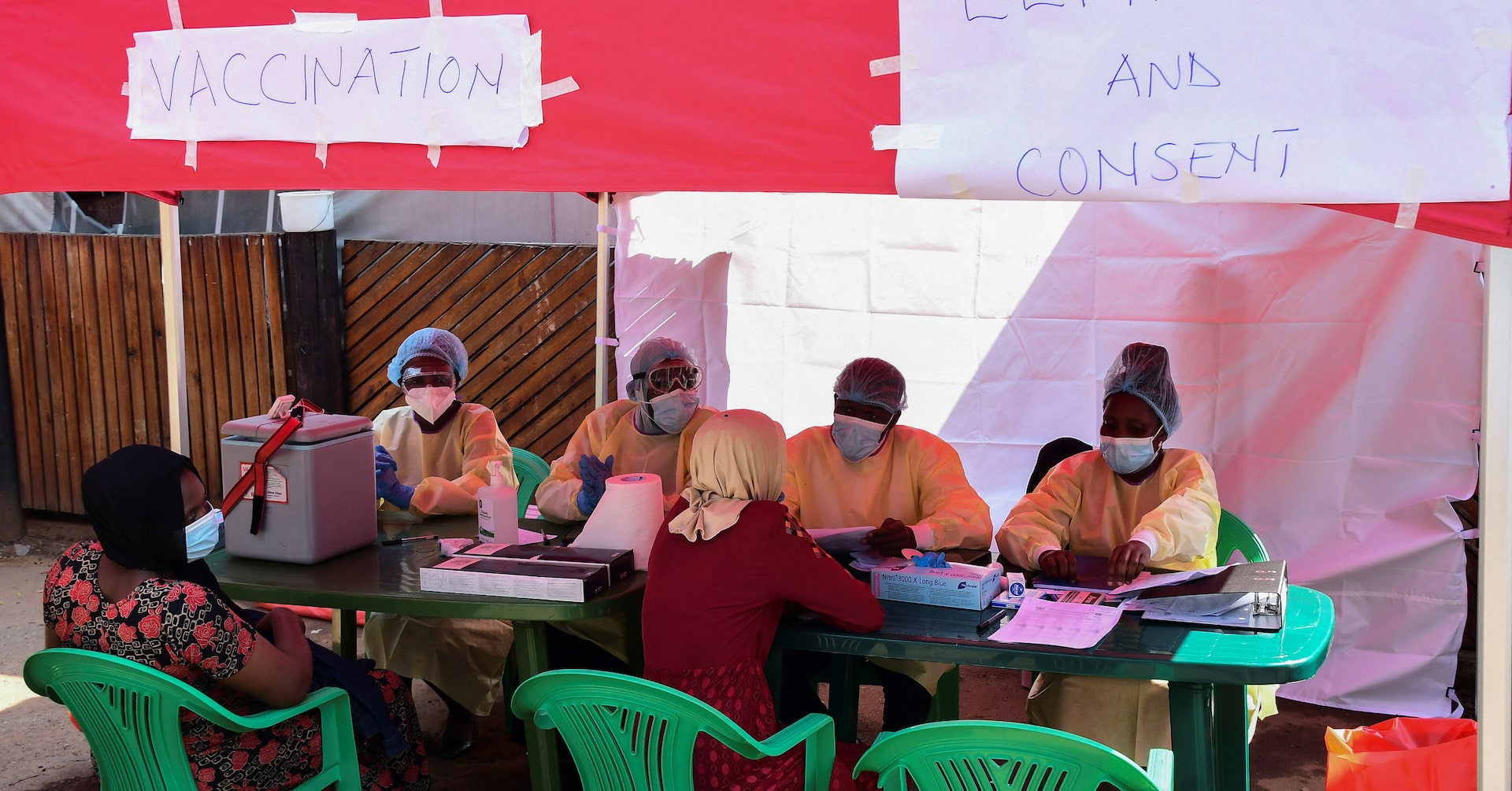Victory Over Virus: Uganda Declares Triumphant End to Ebola Outbreak

Uganda has triumphantly declared the end of its recent Ebola outbreak, marking a significant milestone in the country's public health efforts. The announcement comes three months after the initial confirmation of cases in Kampala, the nation's bustling capital city. Health authorities celebrated the successful containment of the highly infectious viral hemorrhagic fever, which had raised serious concerns about potential widespread transmission.
The outbreak, which posed a significant challenge to Uganda's healthcare system, has now been effectively brought under control through rigorous medical interventions, contact tracing, and community awareness programs. This swift and coordinated response highlights Uganda's growing capacity to manage and mitigate dangerous infectious disease outbreaks.
By declaring the end of the Ebola outbreak, Uganda demonstrates its resilience and commitment to protecting public health, providing a sense of relief to citizens and health workers who worked tirelessly to prevent the spread of this deadly virus.
